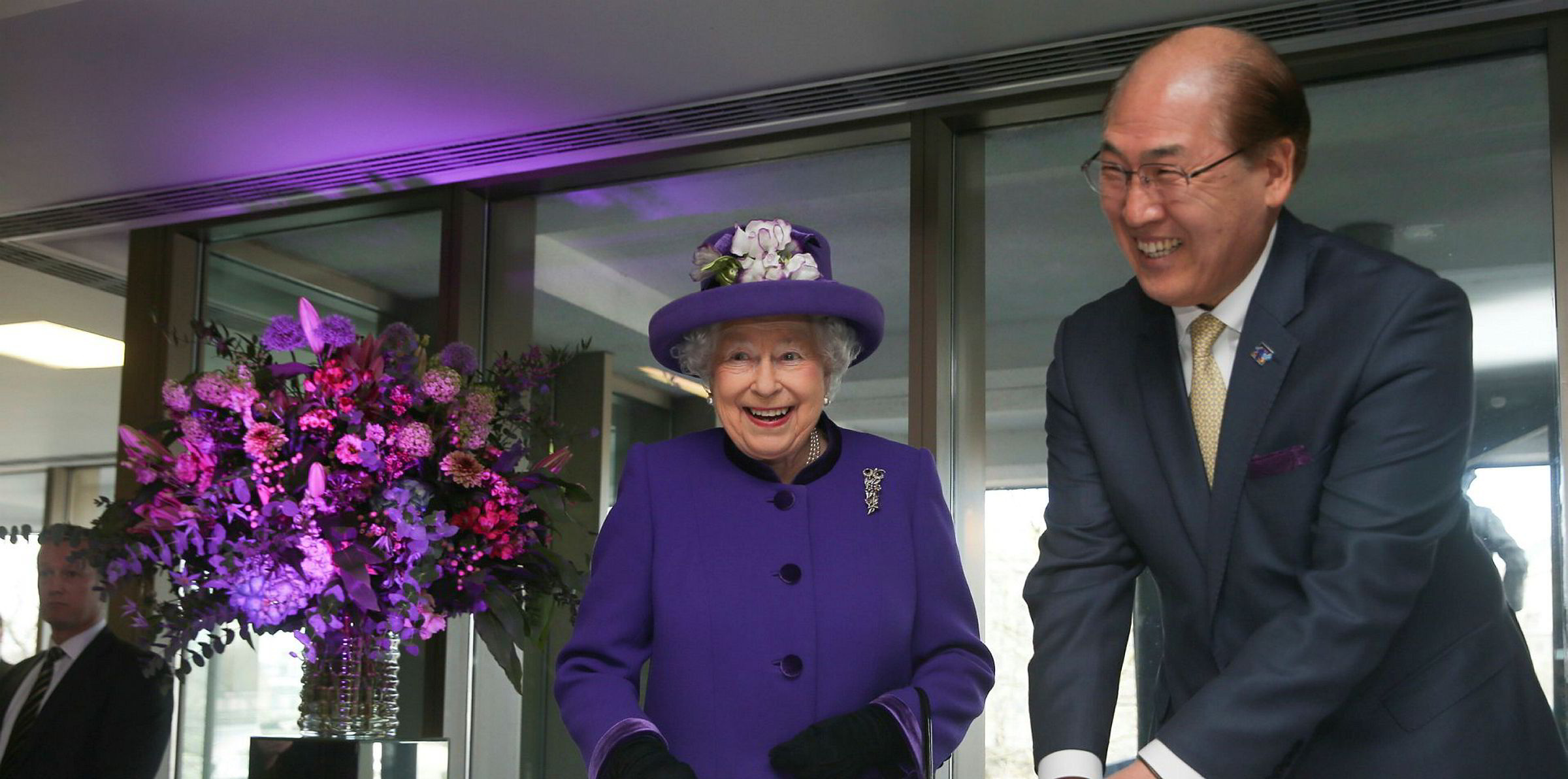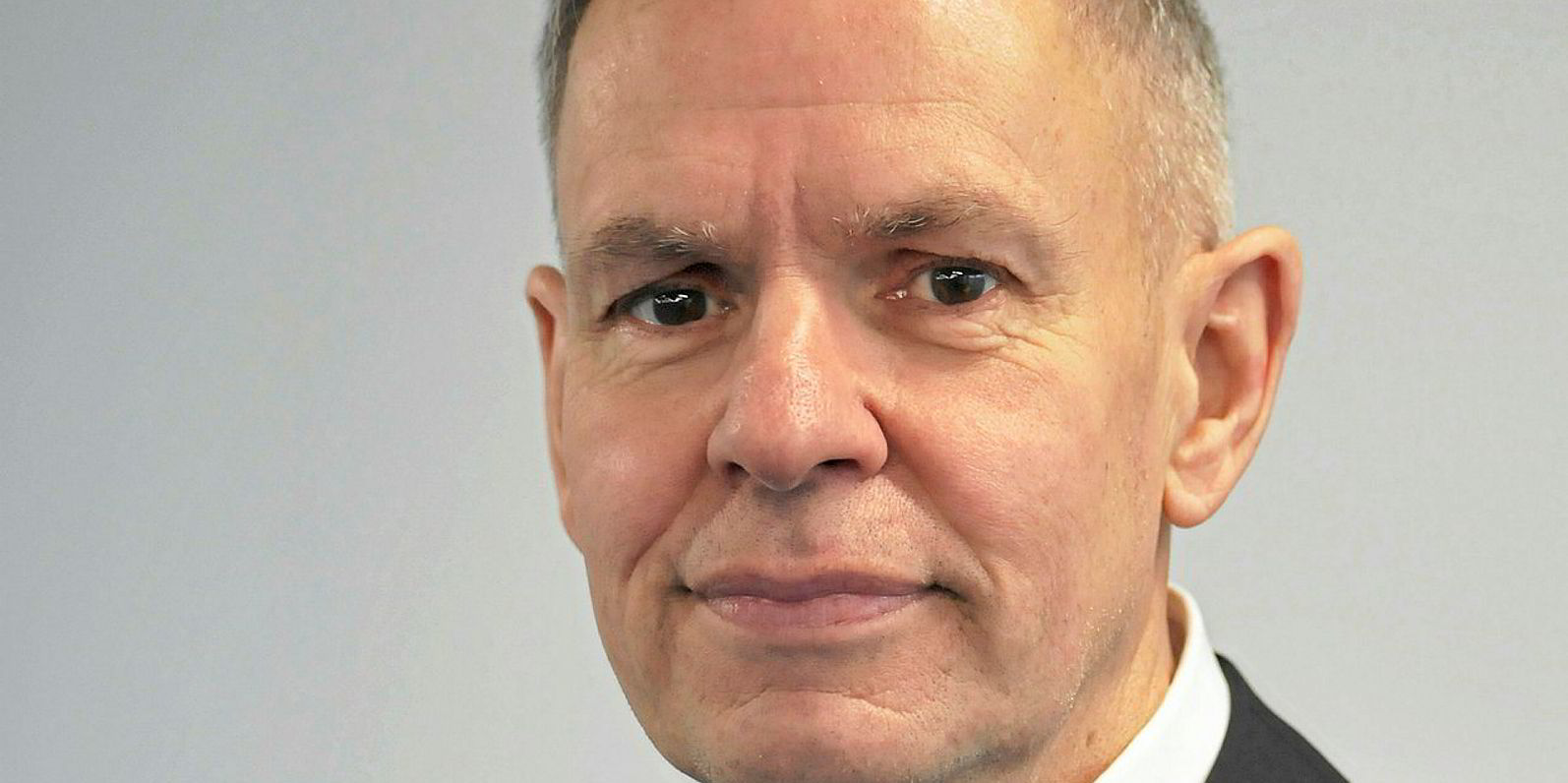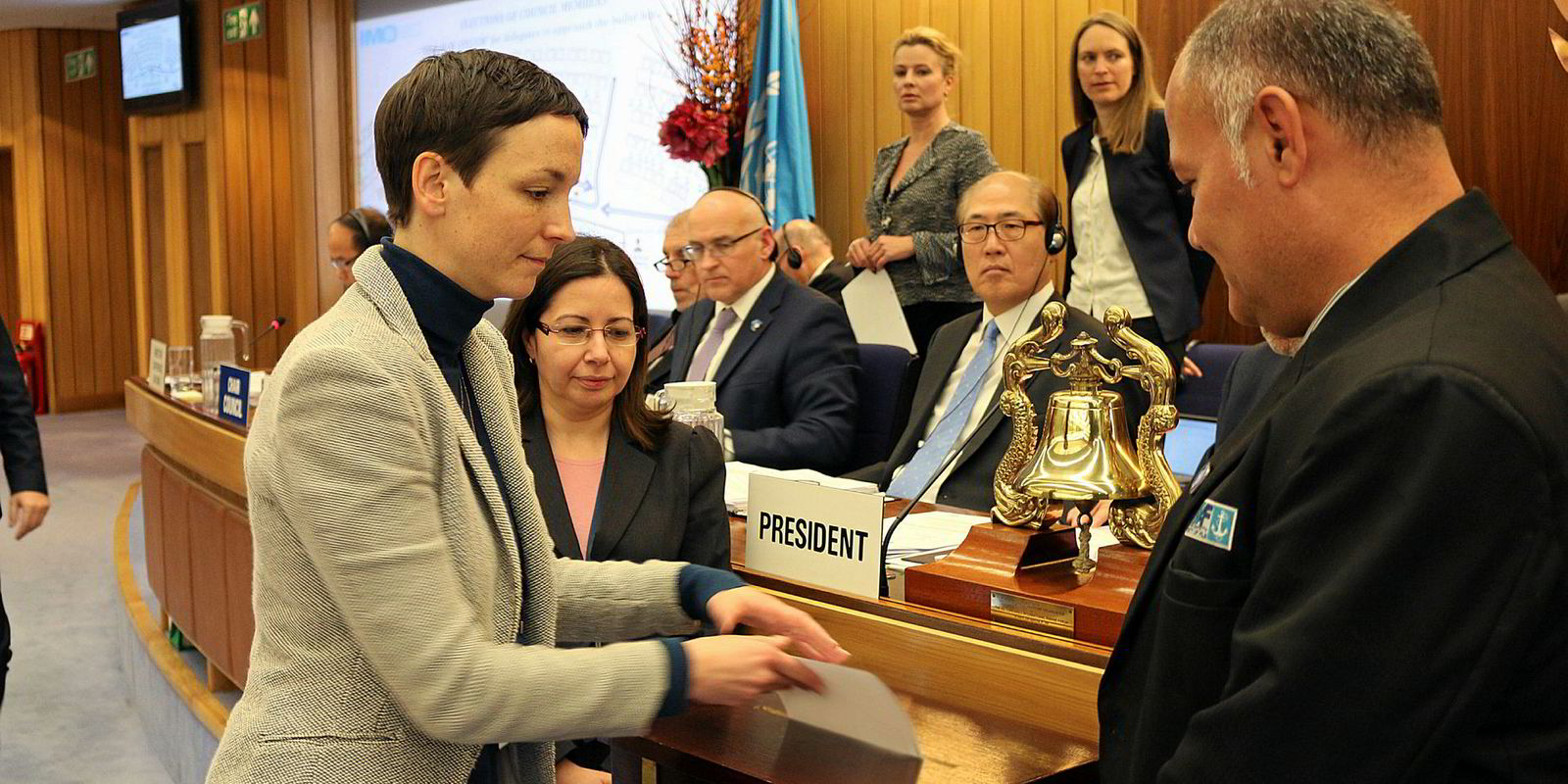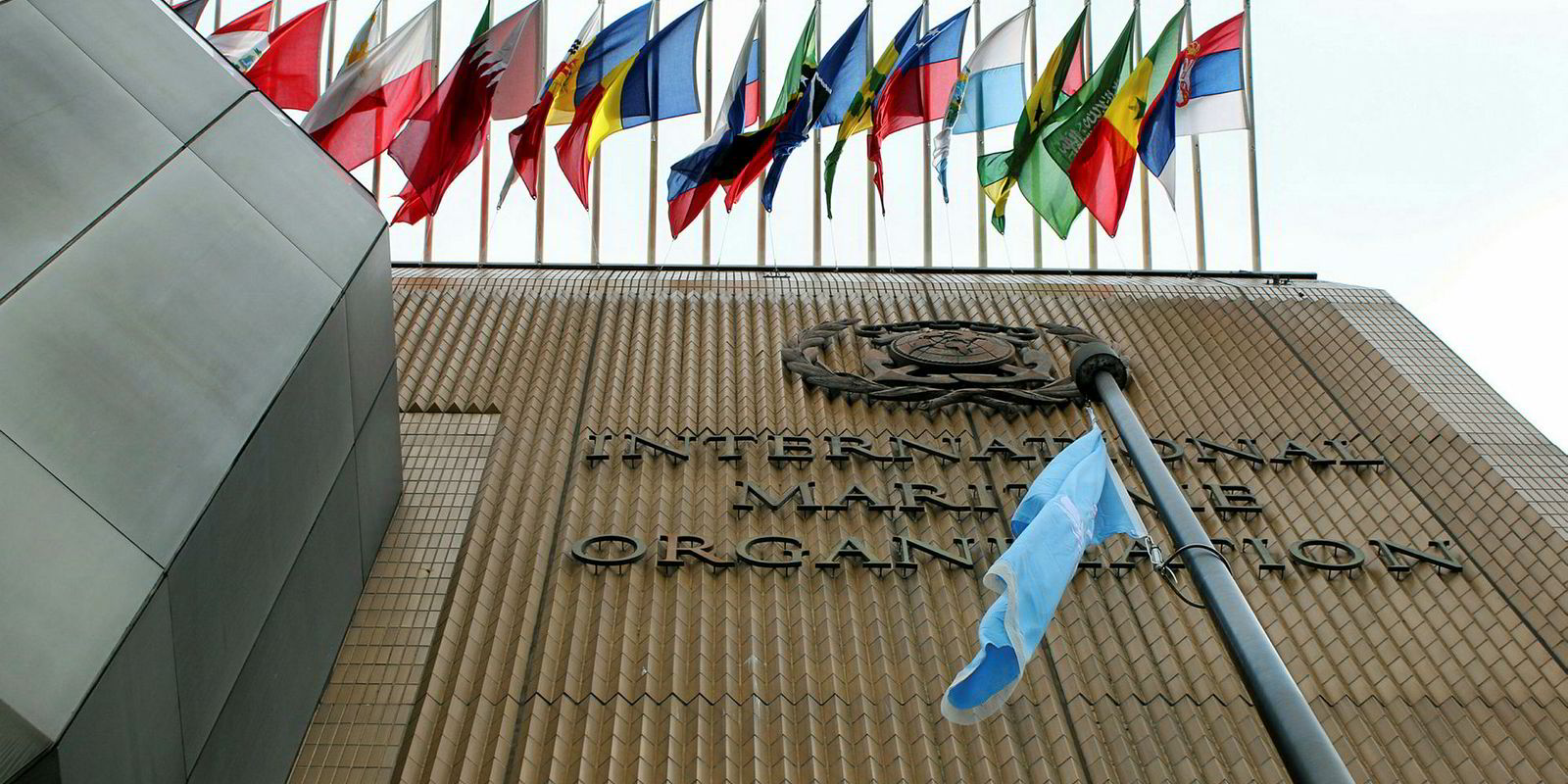The IMO has been forced to discuss its own internal affairs and structures this week. This is largely due to external threats to and opportunities for shipping posed by issues such as digitalisation and decarbonisation.
The IMO’s role in the maritime world is greater than ever, and that is something to celebrate. The United Nations body is there to provide global governance at a time when an increasing number of countries seem to want to play by their own political and economic rules.
So this is a good time to look at the way the London-based organisation is operating and to see whether things could be done better.
Australia, Liberia and others have thrown their little policy hand grenade into the superficially calm waters of the IMO with a report under the unexciting title of Council Reform.
It seems a fundamental question to ask whether the IMO is funded sufficiently to cope with the growing complexities the shipping industry faces.
That will not be wildly popular with many states whose budgets are under pressure due to national austerity programmes. But it makes sense to give the IMO more cash, considering the extra workload after a period when secretariat staffing and services have been cut back.
There is no better time to stand up for greater communal spending than when you are trying to tackle global issues such as climate change, which threaten the survival of some IMO member states.
More money is clearly needed so the organisation can increase its workload, hold more meetings and provide proper reports.
There is no better time to stand up for greater communal spending when you are trying to tackle global issues such as climate change, which threaten the survival of some countries that belong to the IMO
An “overwhelming” amount of work has been offloaded onto subcommittees “and this impacts on the quality of the outputs”, the Australian report argues.
The same submission to the IMO contains a request for increased transparency at a time when the wider world is more interested than ever in what shipping does.
As a journalist I have a vested interest in openness and the ability of the media to fully report meetings and speakers.
But the IMO’s credibility and status could be enhanced by being more democratic — and being seen to be more democratic.
Grandstanding and foot-dragging
Transparency should also make it easier to enforce decisions. It may even speed things up by exposing any public grandstanding followed by private foot-dragging.
Finally, there is the sensitive issue of the role of private and other industry bodies in the IMO decision-making process.
This has been in the spotlight since the Transparency International report published last autumn under the blunt title Corporate Capture of the International Maritime Organization.
Australia and others want more debate around this issue, plus a review of how an organisation gets consultative status at the IMO.

That brings us on to the suggestion that the whole system of IMO Council membership with its three tiers of A, B, and C should be reassessed.
The Australian report notes that although category C member states have subjected themselves to repeated re-election, this has not happened in the first two classes — certainly category A, where the big shipowning countries such as China, Greece and Norway reside.
“It is not immediately clear why member states have traditionally not contested categories A and B. However, it is important for the institutional health of the council, and IMO more broadly, that all seats on the council are readily contestable,” the report argues.
Equally, there is a lack of clarity about those countries that fit into category C because of their “special interest in maritime transport or navigation”.
This leaves a lack of geographical spread in the council membership, something Australia and its allies note has been a continual bone of contention but that remains unaddressed.
Should the whole system of categorisation be swept aside amid claims that elections have become increasingly politicised?
And ultimately, should the size of IMO Council membership be increased from 40 members to, say, 60, to make it more representative? Or will that make it too unwieldy?
Something is awry when a flag state such as the Marshall Islands, with a huge registered fleet and a land mass threatened by rising sea levels, has no formal council membership at the IMO.
We need answers to Australia’s bold but timely intervention as soon as possible: the IMO’s biggest traditional enemy has been prevarication.





